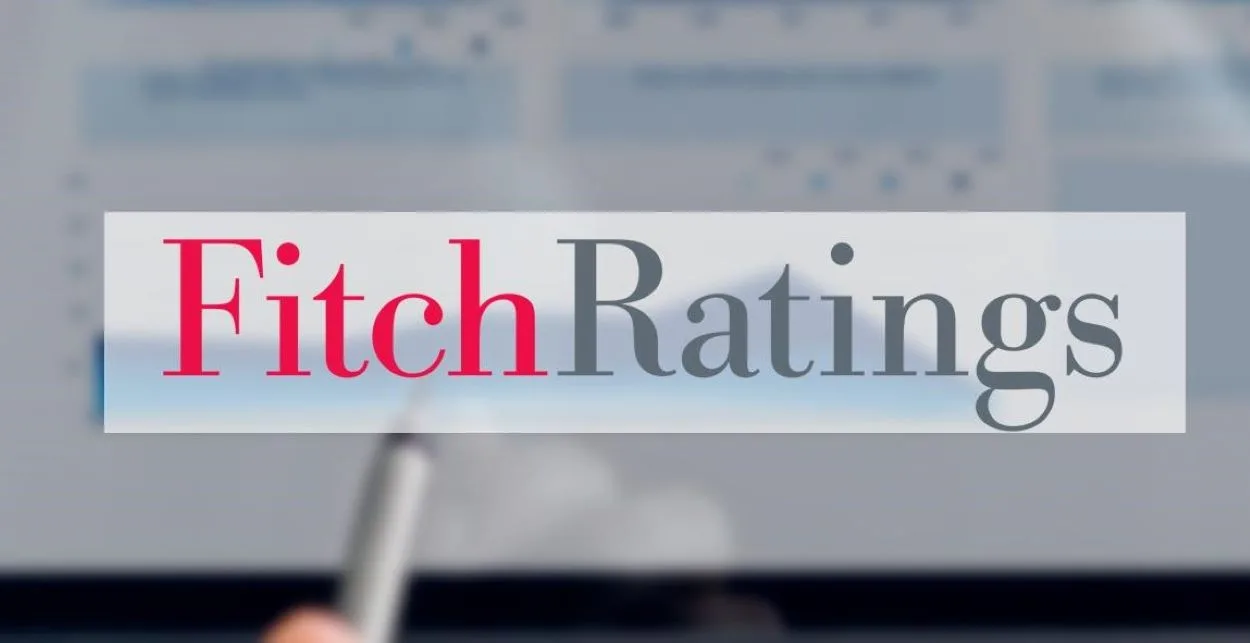Despite some progress in rebuilding its foreign exchange reserves, Pakistan will still encounter major external financing needs next year.
The credit rating agency has indicated that the country is scheduled to repay more than $22 billion in external debt in fiscal year 2025, which comprises almost $13 billion in bilateral deposits.
Fitch Ratings states, “The challenge of obtaining adequate external financing persists due to significant debt maturities and current lender exposures,” highlighting Pakistan’s ongoing financial obstacles.
According to the Finance Minister’s interview at the World Economic Forum Recently, Pakistan obtained a $1 billion loan from two banks in the Middle East, with an interest rate ranging from 6% to 7%. Furthermore, the chief of Pakistan’s central bank aims to secure up to $4 billion from regional commercial banks by the next fiscal year to enhance the country’s financial stability.
Fitch says Pakistan faces big external financing risks despite economic progress https://t.co/mlPk1gZSMu pic.twitter.com/wVjLX00gpU
— Reuters Asia (@ReutersAsia) February 7, 2025Fitch emphasized the importance of Pakistan continuing to implement structural reforms to meet its external financing requirements. These reforms are necessary to satisfy conditions set by the International Monetary Fund (IMF) and other multilateral and bilateral lenders and include measures focused on fiscal consolidation and enhancing the business environment.
Pakistan is participating in a $7 billion IMF program to address its substantial fiscal and account deficits. This program is due for its first review later this month. “Deteriorating external liquidity, such as delays in IMF reviews, could lead to negative action,” warned Fitch.
However, there are positive notes as well. Fitch acknowledged that Pakistan has exceeded IMF targets in rebuilding its foreign exchange reserves. The agency also projects that economic activity in Pakistan will benefit from stability and declining interest rates, forecasting a 3.0% expansion in real value added for FY25.
Expressing optimism about Pakistan’s financial future, Finance Minister Muhammad Aurangzeb hopes to improve the country’s credit rating, which currently stands at CCC+ by Fitch and Caa2 by Moody’s—both rated within “junk” territory. “Ideally, I would like to think that some action in this direction can take place before our fiscal year is over, which is this June,” Aurangzeb remarked.
This ongoing financial saga highlights the interplay between domestic policy actions, international financial support, and economic reforms necessary to steer Pakistan towards greater fiscal stability and economic growth.






